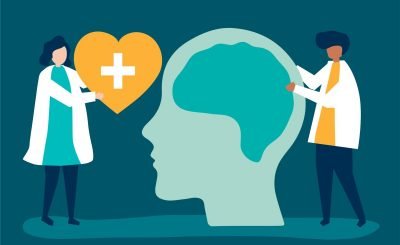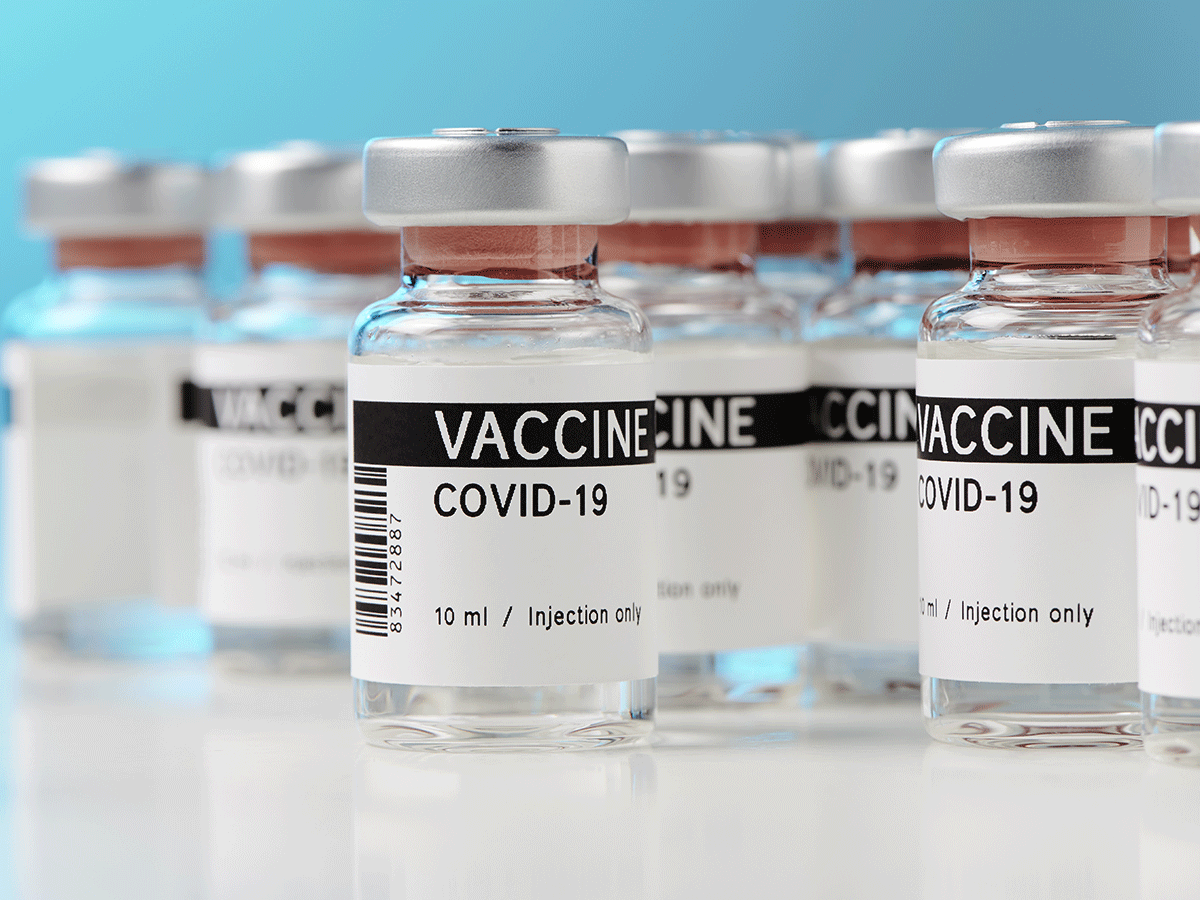Google’s deepmind AI (Artificial intelligence) was found to outperform radiologists when it comes to the diagnosis of Breast cancer. The path-breaking research would pave the way for better diagnosis of the breast cancer with increased accuracy. One of the challenges both doctors and radiologists face is the accurate detection and confirmation of breast cancer in early stages. Most of the time, the detection is difficult, owing to the high rates of false positives or negatives. Breast cancer is the most common type of cancer among women and detection in early stages positively effects patients prognosis. According to American society, radiologists miss about 20 percent of the breast cancers in mammograms. Also, a majority of the women screened for the disease often end up with false positives. It can in turn lead to distress and unnecessary medical interventions.
US and UK Researchers team up with Google Health Experts
Researchers from the US (National Health Service) and UK (Imperial College London) for the past two years have been working with Google Health experts to train Deep Mind AI. They trained the Google’s AI with mammograms of women from both these regions. Google’s Deep Mind AI was trained with 76000 de-identified from the British women and 15000 scans from the American women. Once after the completion of the training, the algorithm was put to test with 25000 scans in UK and 3000 scans in US. They then correlated the AI conclusions with the radiologists observations at the time of scan.
Also Read: Four types of tongue bacteria helps in the diagnosis of early-stage Pancreatic cancer: Research
Conclusions drawn from DeepMind AI research
To much of the surprise AI was found to predict Breast cancer case much more accurately than a single expert radiologist. Also, there was a reduction of false-positives by 5.7 percent in US and 1.2 percent in the UK groups. The human experts have the advantage of patient history and prior mammograms before prediction. However, even without this data, the Google DeepMind AI performed exceedingly well as compared to the radiologists. The developers believe that it is still in the early stages of research. More future studies need to be carried out in collaboration with health care providers before being made available to general population. The research is published in the Journal Nature.







